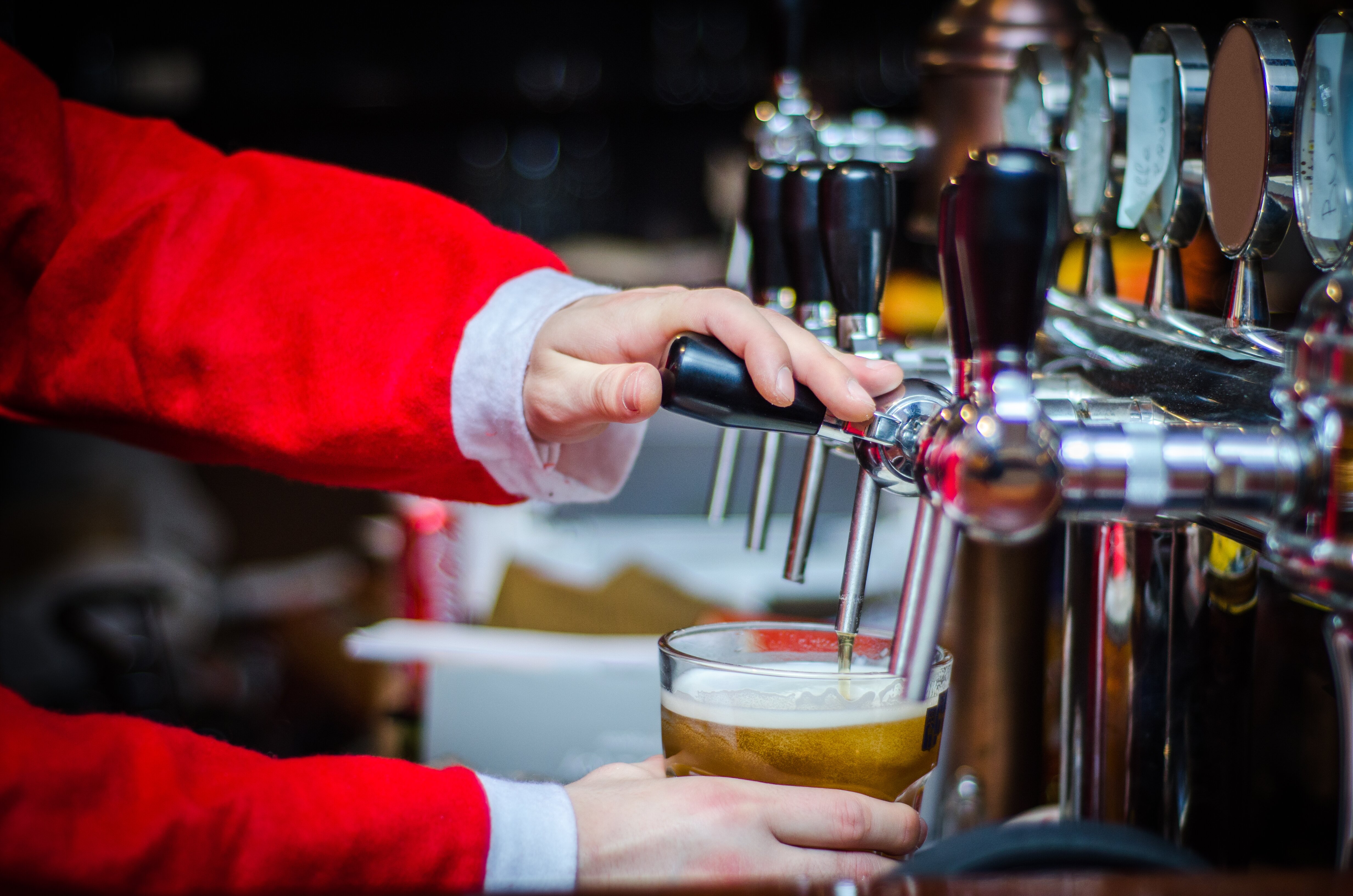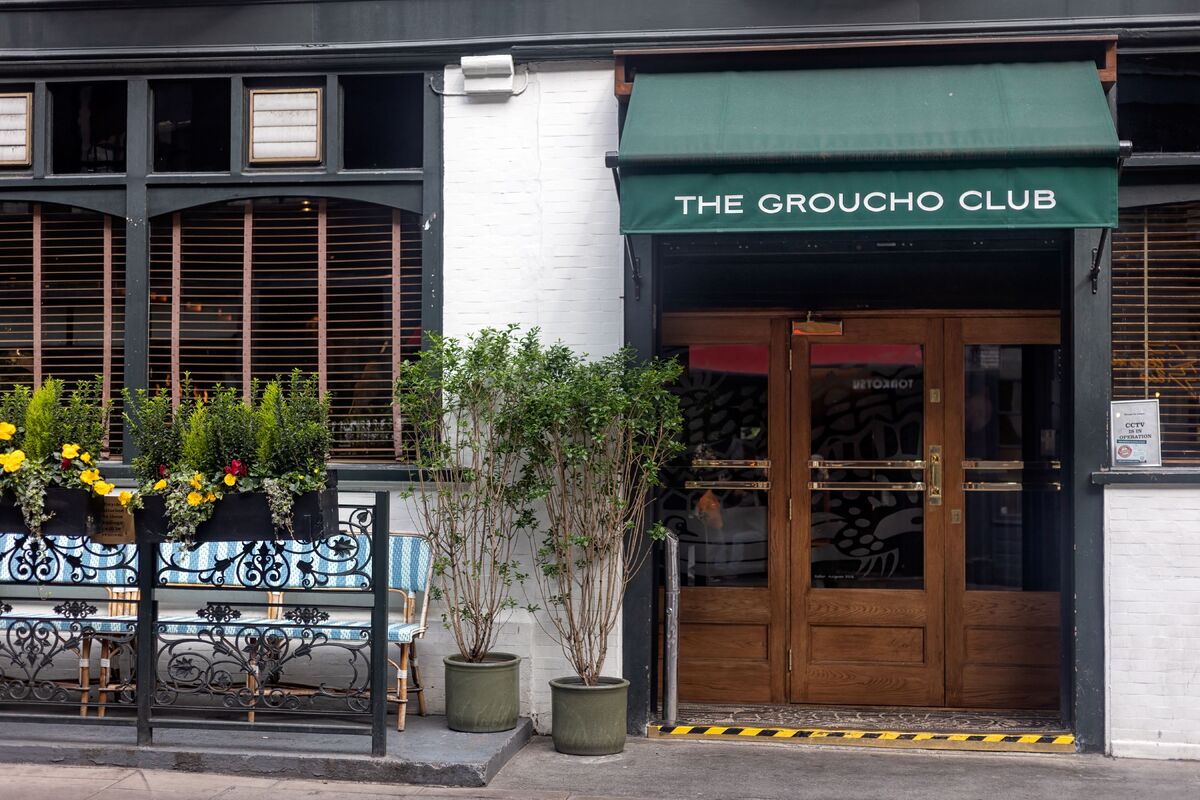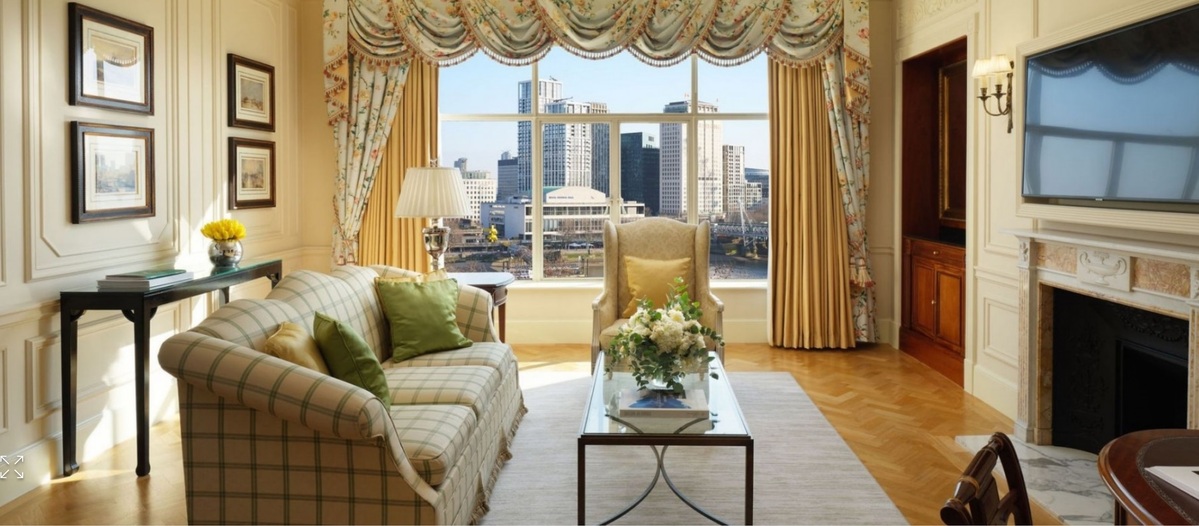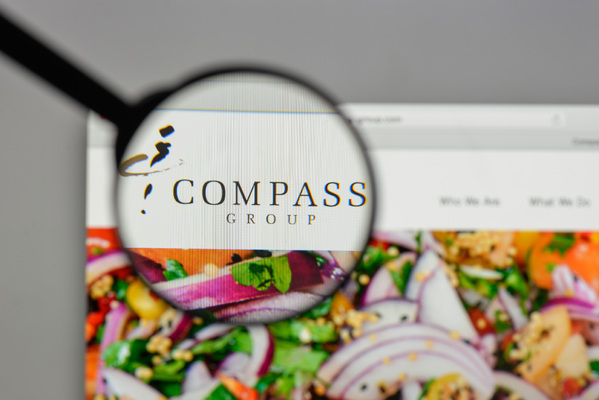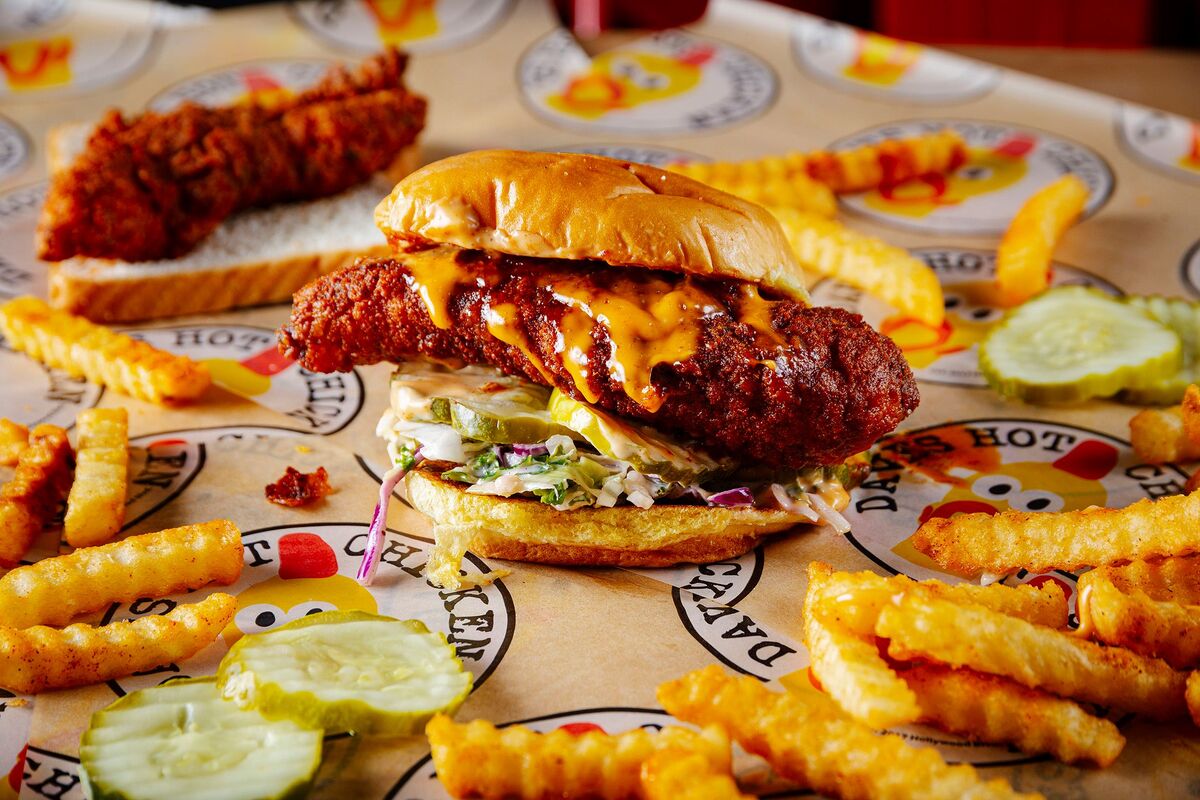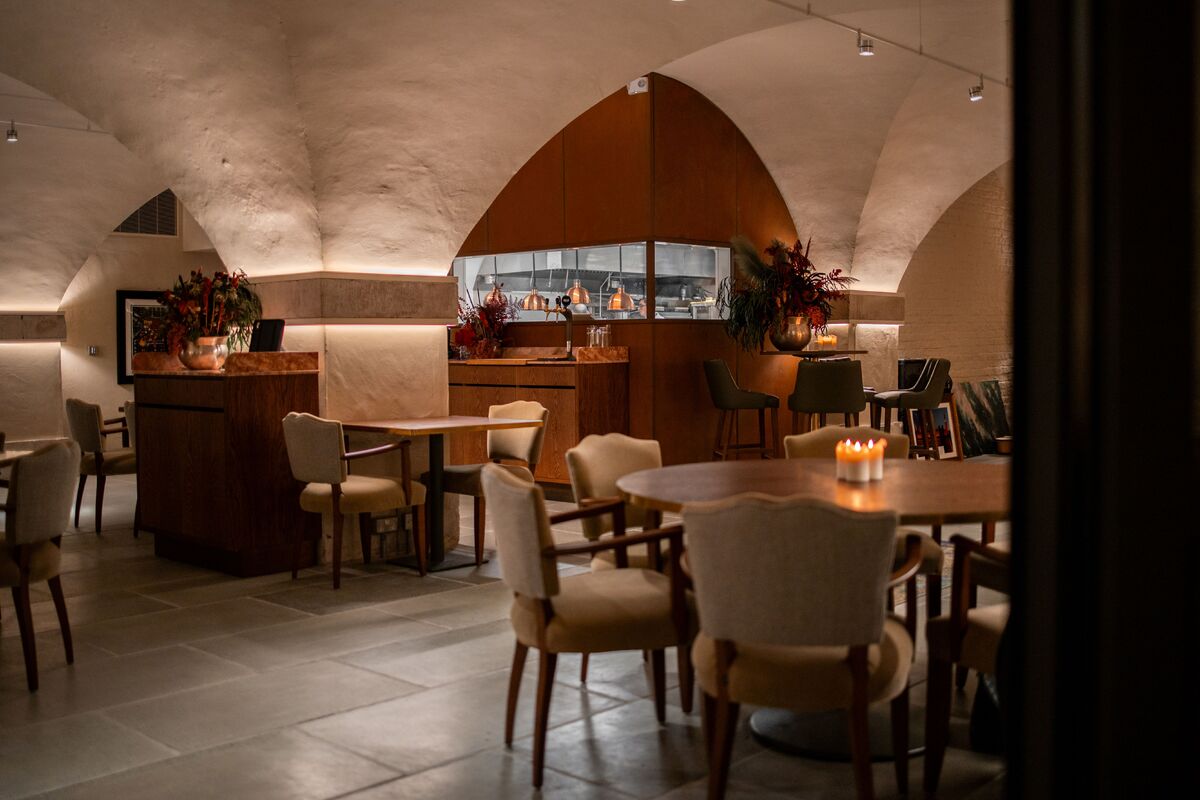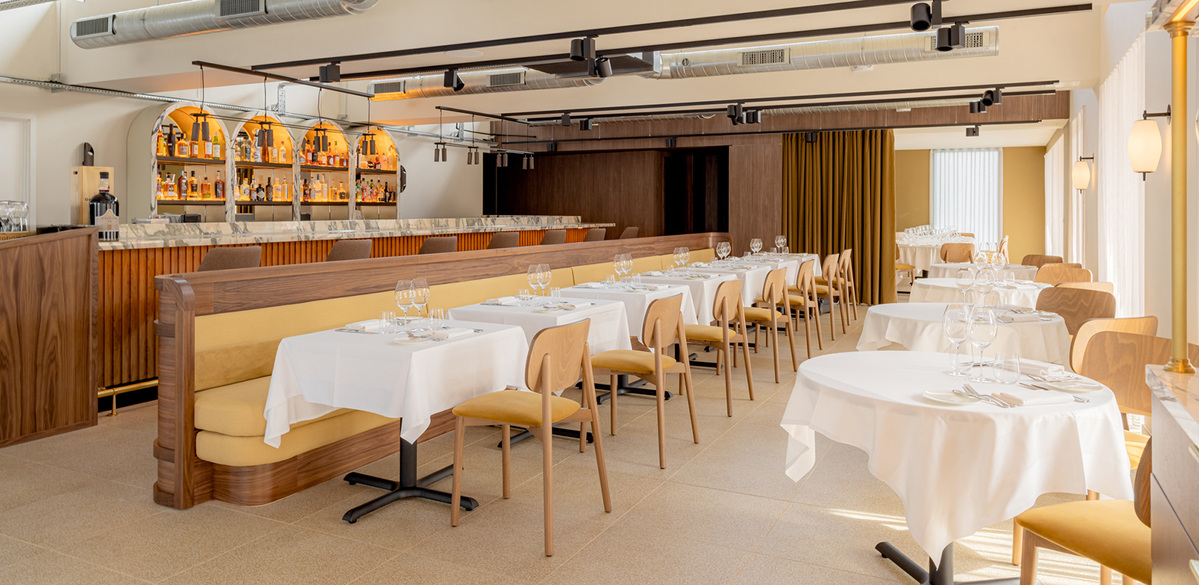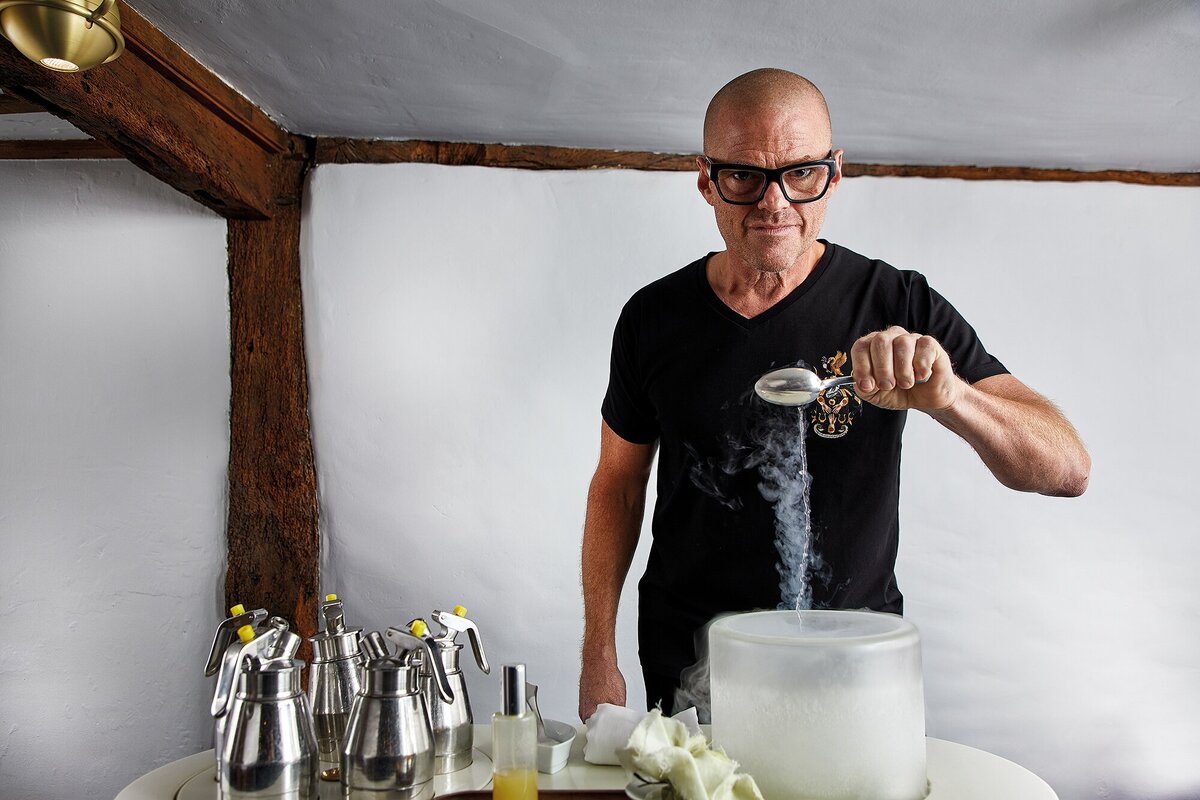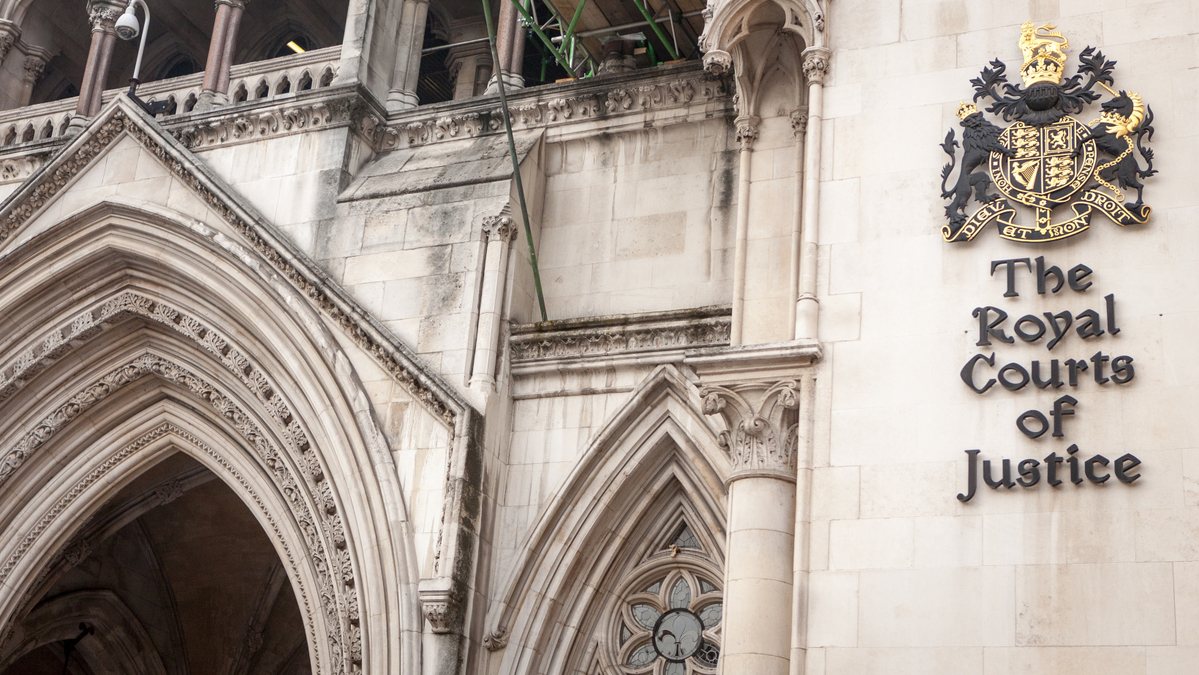Pubs, bars and restaurants lost an average of £10,335 during Christmas week
Pub, bar and restaurant businesses lost £10,335 on average in the week leading up to Christmas, with takings on Christmas Day down 60% compared to 2019, according to UKHospitality.
In the weeks prior to the new Omicron variant of coronavirus emerging across the UK, average sales had been close to pre-pandemic levels (98%).
With December usually equal to three months’ worth of trading for hospitality venues, the trade body said this would push back recovery by at least the same amount of time.
City centre and London venues were hit particularly hard by the new work from home guidance and the drop in consumer confidence and footfall. Sites within London experienced a 50% decrease in sales on 2019 levels, while sites outside of the capital saw their like-for-likes drop by 26%, according to S4labour.
Week-on-week sales were also negative, with sales falling by 18% compared to the previous week. These figures were from businesses that had at least a 14-day trading period over Christmas, meaning even larger declines experienced by sites that were forced to close over Christmas due to staff sickness or cancellations were to be included.
UKHospitality chief executive Kate Nicholls said: “Hospitality businesses have been hit hard during a key trading period – and this after missing out on the crucial Christmas and New Year sales last year.
“Restrictions must be kept to a minimum and must be lifted as quickly as possible to help an already beleaguered sector or many will simply not survive – and those who do make it through face a return to 20% VAT in April.
“In order to help the industry recover and return to growth, the government must commit to keeping VAT at 12.5% and offering enhanced rates relief. Further support will also be needed should additional restrictions be imposed or the tougher measures in Scotland and Wales be retained into 2022.”
Health secretary Sajid Javid has confirmed there will be no further Covid restrictions introduced in England in 2021, meaning New Year’s Eve celebrations can go ahead at hospitality venues.
Michael Kill, chief executive of the Night-Time Industries Association (NTIA) said: “Our industry can now start to plan with some certainty over the next week, and make up for lost time promoting one of the key nights of the year in the coming days.”
He urged the government to work with the sector to generate a long-term strategy for managing Covid variants. “It is clear that the open, close strategy, which has had a huge impact on our industry, is not sustainable,” he added.
Hospitality venues in Wales saw the introduction of restrictions from 26 December such as the return of the ‘rule of six' and mandatory face coverings; while in Scotland, Edinburgh's Hogmanay street party was cancelled with all outdoor events reduced to a capacity of 500 people. The changes, which will be in place for at least three weeks, also saw pubs and other hospitality venues selling alcohol return to table service and one-metre social distancing.
Nightclubs in Northern Ireland had to close on Boxing Day, and since 27 December hospitality businesses have been restricted to table service only, with tables limited to a maximum of six people, or 10 people from a single household. The Executive announced one-off grants for venues – but hotels have been excluded from the support.
Photo: Ms Maria/Shutterstock



